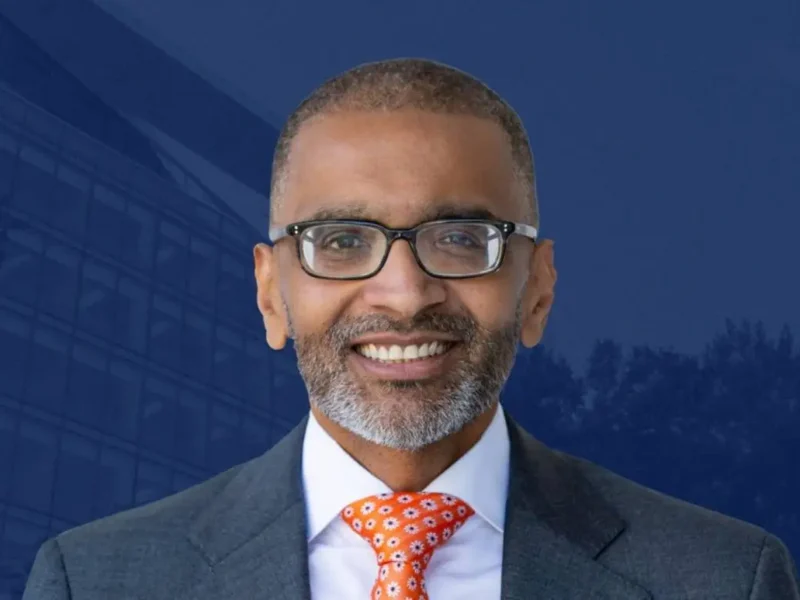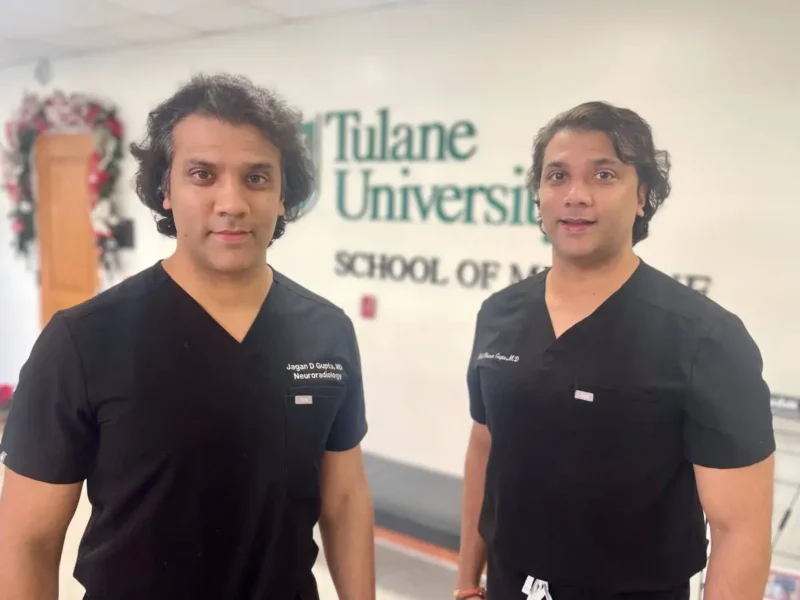
Four Indian Americans On Time Magazine’s Health List
Photo Courtesy : Venkat Shastri. Photo: time.com (Top Left), Alka Dwivedi. Photo: time.com (Top Right), Sumbul Desai. Alka Dwivedi. Photo: time.com/apple (Bottom Left), Dr. Vivek Murthy (Bottom Right)
India-West News Desk
NEW YORK, NY – TIME Magazine’s inaugural ‘TIME100 Health’ list has recognized the exceptional achievements of individuals shaping the global health landscape, including those of four Indian Americans who are setting policy and innovating.
Dr. Vivek Murthy, the U.S. Surgeon General, in the ‘Titan’ section that includes the likes of Emmanuel Macron and Jimmy Carter was singled out for his groundbreaking efforts in addressing the epidemic of loneliness and its critical implications on public health. “Part of the reason I was attuned to this issue was because I struggled with loneliness in my own life, as a child in particular,” he told Time. The loneliness crisis intersects with another public-health threat Murthy has drawn attention: last May, Time pointed out, he also issued an advisory about the effects social media use has on youth mental health. In it, he pointed out that logging hours on platforms like TikTok and Instagram can lead to body dissatisfaction, disordered eating, social comparison, and low self-esteem, especially among adolescent girls. Time has dubbed Murthy the ‘Doctor of human connection.’
Sumbul Desai, Apple’s vice president of health, Time said, is hoping to prove that personal-tech devices can be good for our mental health. Desai has been a key force behind new health tools on the iPhone and Apple Watch, teaming up with prominent medical researchers at universities around the country to conduct landmark health studies that inform the health features pushed out to tens of millions of users. “I think we’re just scratching the surface of how biometrics can tie to aspects of our health,” says Desai.
Alka Dwivedi, co-founder of ImmunoACT and a research fellow at the National Cancer Institute, was recognized for her research resulting in NexCar19, an affordable immunotherapy for cancer treatment. Her findings help to revolutionize cancer care, particularly in resource-constrained settings like India. Like CAR T, the treatment reprograms a patient’s immune system to fight cancer and was recently approved for commercial use by the Central Drugs Standard Control Organization. Unlike CAR T, it is produced in India, lowering the cost to about one-tenth that of CAR T therapy.
Venkat Shastri, CEO of ALZpath, was named for his pioneering work in Alzheimer’s disease diagnostics. Shastri’s development of a blood test for early Alzheimer’s detection, currently under review by the FDA, signifies a breakthrough in accessible healthcare diagnostics. “The next 12 to 18 months will see our test become more and more relevant in Alzheimer’s, and more useful in clinical practice with neurologists and primary-care physicians who see patients with memory issues,” said Shastri.




